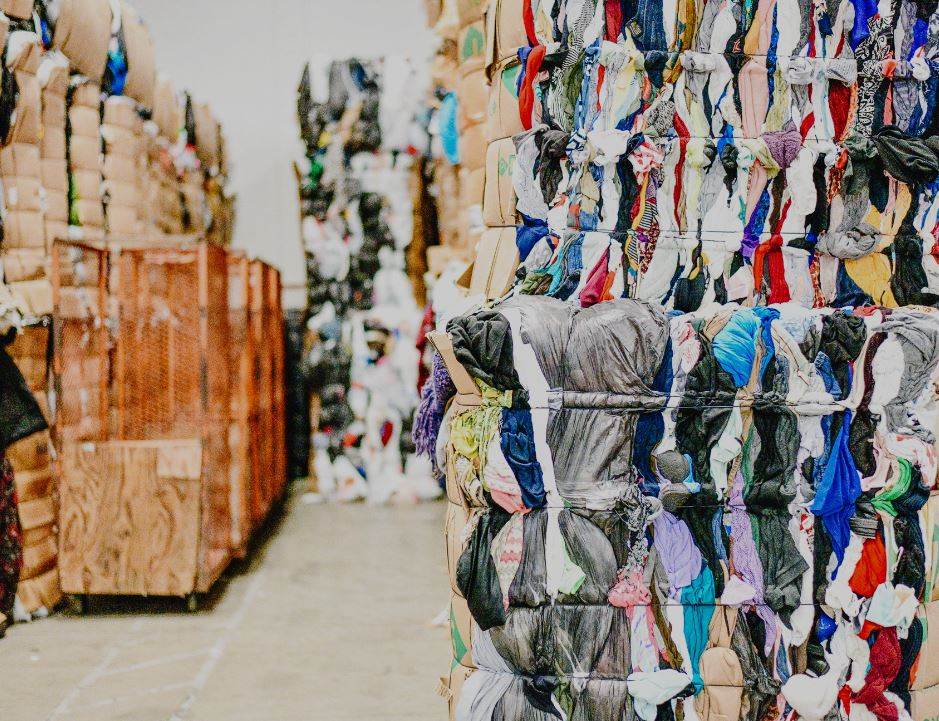Levi’s-backed Sorting for Circularity expands reach

The Sorting for Circularity USA project, of which Levi’s is a contributor, has expanded to cover six states - California, Texas, Florida, New York, New Jersey and Colorado - and has welcomed new backers and contributors.
Innovation hub Fashion for Good, together with Resource Recycling Systems, launched the 18 month Sorting for Circularity USA consortium project in January.
The project will conduct a consumer survey to map the journey of a garment from closet to end of use and the insights gained will help to scale collection, sorting and recycling innovations and inform decisions on investments and actions.
New implementation partners have also signed up to support the fibre composition data analysis: Secondary Materials and Recycled Textiles (SMART) Association, Helpsy, United Southern Waste Materia and Goodwill Industries International.
As well as Levi’s, brands and retailers contributing to the project include Lululemon, Adidas, Eastman, H&M, Nordstrom, Inditex and Target.
Katrin Ley, managing director of Fashion for Good, said: “We are so excited to have the opportunity to expand the geographical scope of our Sorting for Circularity framework to encompass an extensive range of key sorting players and regions in our USA project. This allows us to have a better understanding of the global textile waste challenge, unlocking the potential of textile recycling technologies, and accelerating the transition towards a more circular and sustainable industry.”
In the US, textile waste is the fastest-growing segment of the country’s waste stream, according to United States Environmental Protection Agency. Understanding the composition of material, volume and location of used textiles is crucial for capturing them and sorting them for the best and highest quality end use.
Alex Husted, co-founder of second-hand clothing company Helpsy, said: “Waste is always a local problem because of high transportation costs. Achieving zero waste goals will require new ways to process garments locally rather than shipping them off to make them someone else’s problem.”
Image: Helpsy










